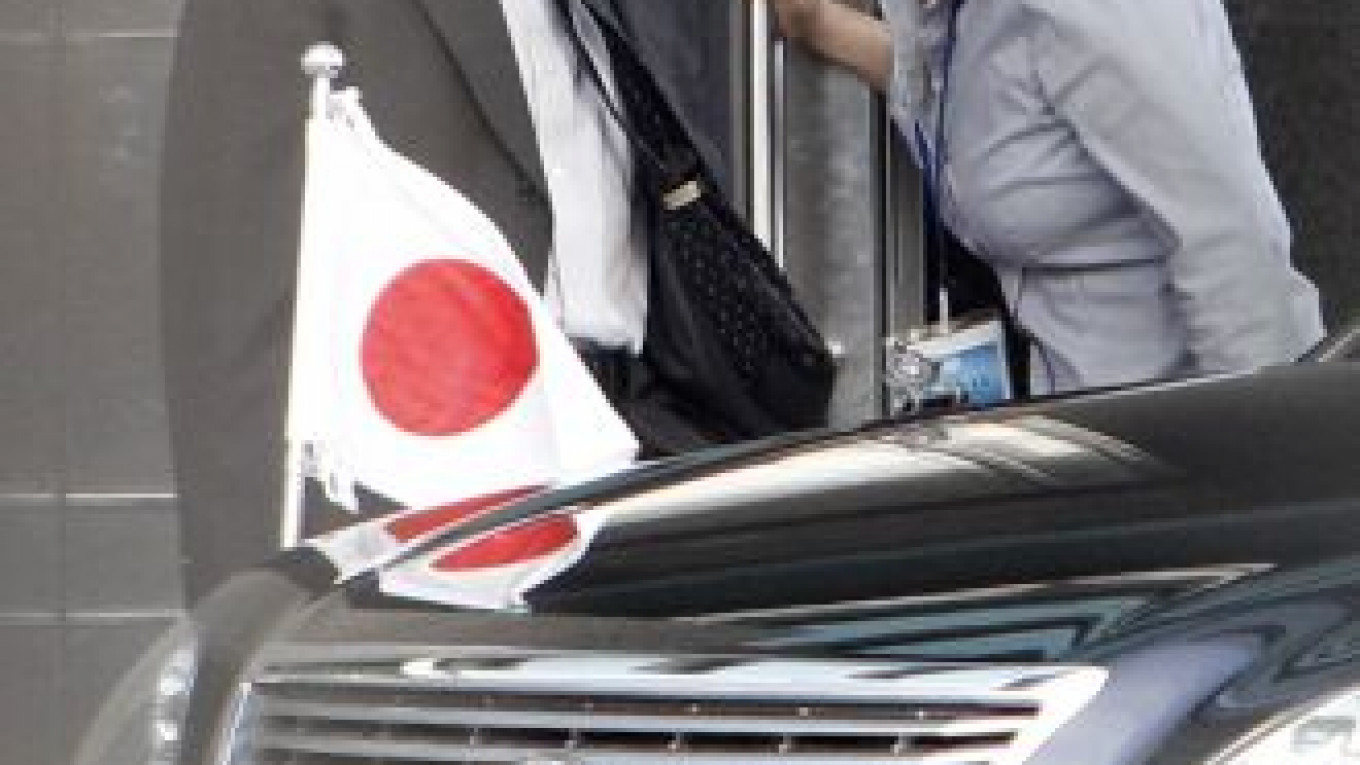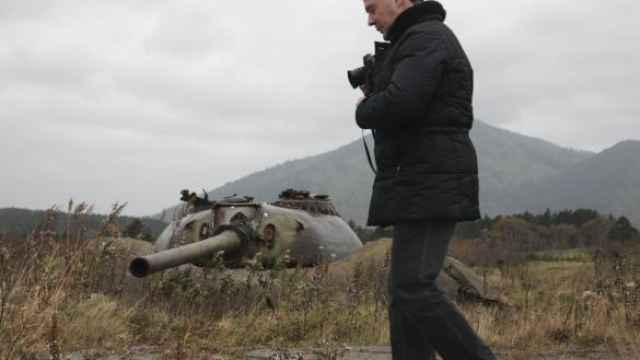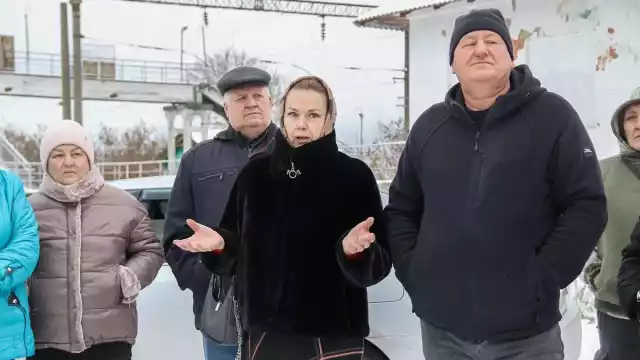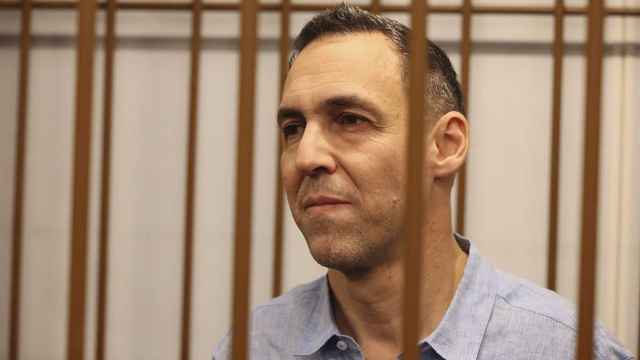President Dmitry Medvedev is planning more trips to a group of islands seized by the Soviet Union from Japan at the end of World War II, Foreign Minister Sergei Lavrov said Tuesday, deepening a serious rift with Tokyo.
Japan said it was recalling its ambassador from Moscow temporarily after Medvedev this week became the first Russian or Soviet leader to visit the desolate islands, known as the South Kurils in Russia and the Northern Territories in Japan.
The dispute has added to the pressure on Japanese Prime Minister Naoto Kan, who is grappling with a divided parliament and is already under fire for what critics say was his mishandling of a separate territorial dispute with China.
The Kremlin has made no comment on the dispute since Medvedev's visit on Monday to Kunashir Island, but Lavrov said Medvedev planned further trips to the disputed isles.
"I had a conversation with Russian President Dmitry Medvedev this morning. He expressed satisfaction with his visit to Kunashir and said that he plans to visit the other islands of the Lesser Kurils," Lavrov told reporters in Oslo.
Lavrov said Japan’s decision to recall its ambassador is an “internal matter.” Russia has no plans to bring its envoy home from Japan, he said.
The 65-year-old dispute over the desolate islands, which have rich fishing grounds and possibly greater mineral wealth, is threatening to overshadow a summit of Asia-Pacific leaders that Japan will host in mid-November.
Kan was still likely to meet Medvedev at the Asia-Pacific Economic Cooperation forum on Nov. 13 and 14 in Yokohama, a Japanese government spokesman said. But Foreign Minister Seiji Maehara said nothing had been decided yet.
"We have a territorial problem and that needs to be solved," Maehara told a news conference, where he announced the temporary recall of Ambassador Masaharu Kono from Moscow.
The dispute with the Kremlin means that Japan is facing stormy relations with China and Russia, its two biggest neighbors.
Chinese-Japanese relations deteriorated sharply in September after Japan detained a Chinese trawler captain whose vessel collided with Japanese patrol ships near the chain of disputed islands, called Senkaku by the Japanese and Diaoyu in China.
“Popular sentiment has been very critical about how the Japanese have handled the dispute with China,” said Nick Allan, Asia-Pacific regional director at London-based Control Risks Group, a risk consultant firm. “So the Japanese prime minister believes he needs to be particularly firm over this issue with the Russians.”
Japanese Economy Minister Banri Kaieda expressed concern that the dispute with Moscow could affect commercial relations.
"Japan and Russia have deep ties when it comes to energy and natural resources development," Kaieda said after a Cabinet meeting. "I'm worried about the impact on economic relations from the Russian president's visit to the Northern Territories."
(Reuters, Bloomberg)
A Message from The Moscow Times:
Dear readers,
We are facing unprecedented challenges. Russia's Prosecutor General's Office has designated The Moscow Times as an "undesirable" organization, criminalizing our work and putting our staff at risk of prosecution. This follows our earlier unjust labeling as a "foreign agent."
These actions are direct attempts to silence independent journalism in Russia. The authorities claim our work "discredits the decisions of the Russian leadership." We see things differently: we strive to provide accurate, unbiased reporting on Russia.
We, the journalists of The Moscow Times, refuse to be silenced. But to continue our work, we need your help.
Your support, no matter how small, makes a world of difference. If you can, please support us monthly starting from just $2. It's quick to set up, and every contribution makes a significant impact.
By supporting The Moscow Times, you're defending open, independent journalism in the face of repression. Thank you for standing with us.
Remind me later.






